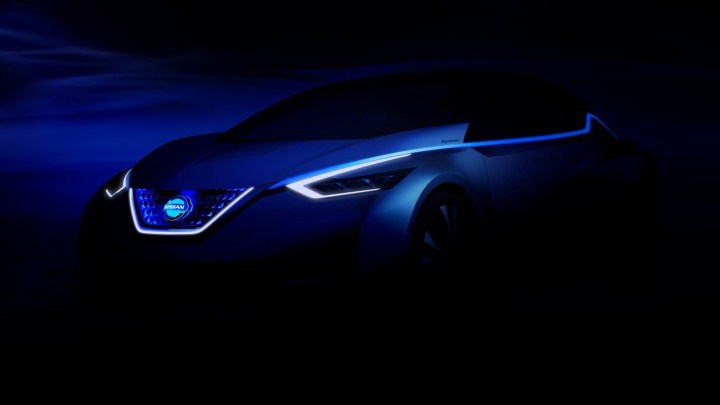
While technical details are being kept under wraps — and likely are still being finalized — the drivetrain is expected to be similar in concept to the one that powers the Chevrolet Volt and the one that’s available on the BMW i3. It will primarily consist of a potent electric motor, a battery pack, and a small-displacement gasoline-burning engine. The electric motor will zap the drive wheels in normal driving conditions, and the gas engine will automatically kick in to generate electricity as soon as it senses the pack is running low on juice. Also called series hybrid, the setup is different from a plug-in hybrid drivetrain because there is no direct connection between the range extender and the wheels.
While it would seem reasonable to assume the option will be offered on the Leaf, Yoshi Shimoida, the deputy manager of Nissan’s EV and HEV engineering division, indicated that’s not the case. While the technology will trickle down to other Nissan models after its introduction, Shimoida affirmed the current-gen Leaf will not get an internal combustion engine during its production run.
That leaves two possibilities: The planned car could be billed as a more efficient version of an existing car, or the technology could be ushered in by a brand new addition to the Nissan lineup. Either way, Nissan will reveal the yet-unnamed model at a major auto show next year, meaning it will go on sale as a 2017 model. Pricing will largely depend on the car’s size and body style.
Editors' Recommendations
- Nissan wants the 2023 Ariya to be its comeback EV, but the bar has been raised
- Apple Maps’ new EV feature aims to eliminate range anxiety



